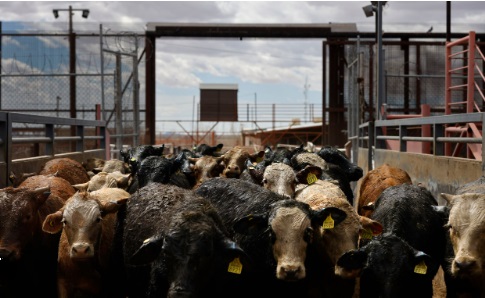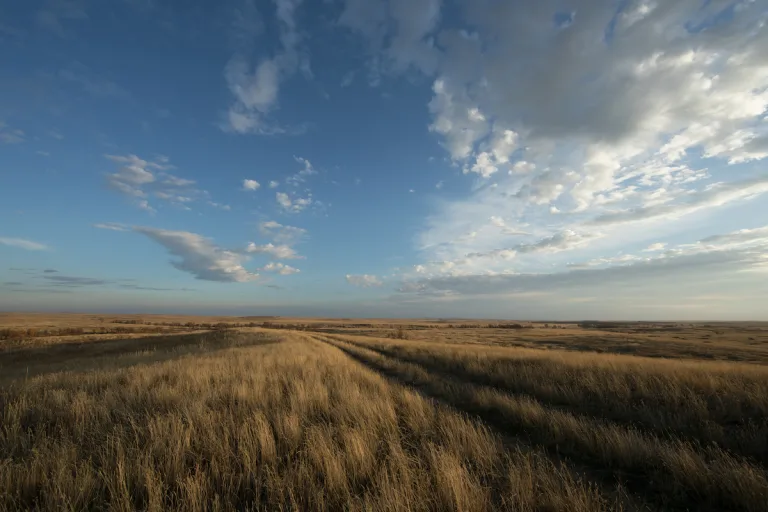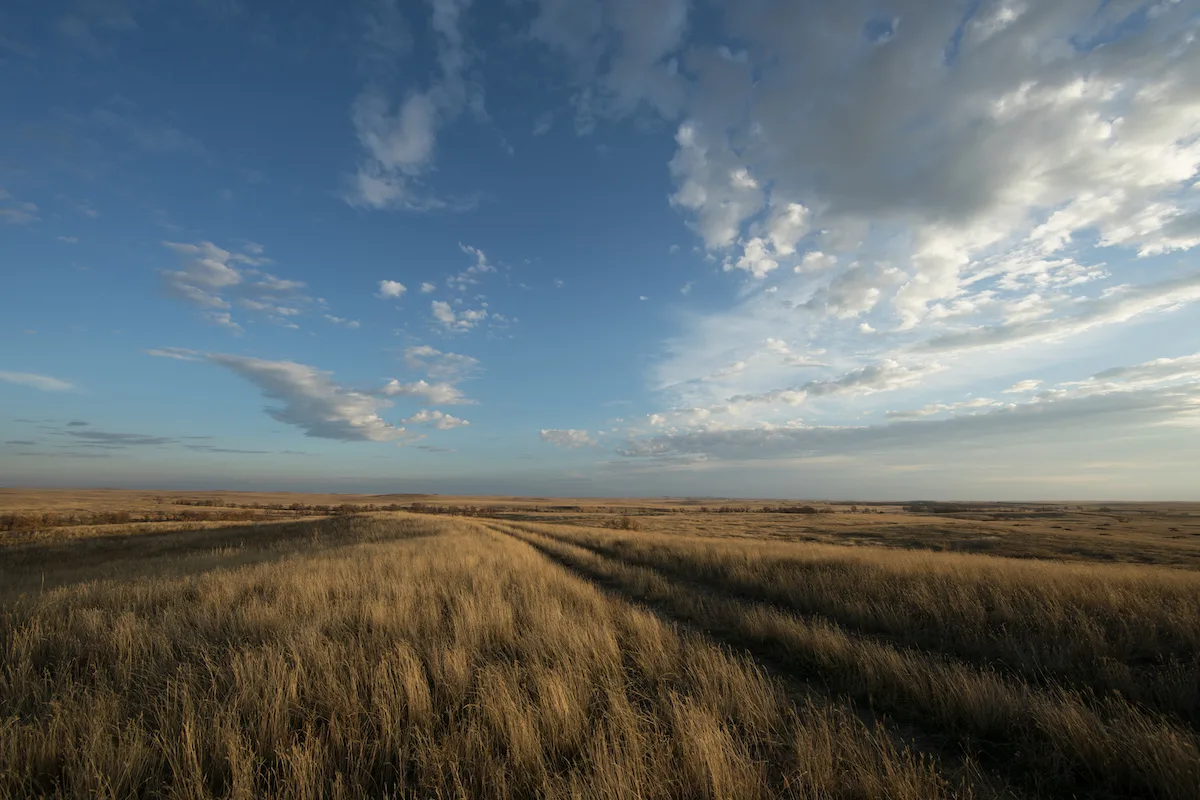WASHINGTON, DC – An alliance of groups representing farmers, forest owners, the food sector, state governments and environmental advocates have unveiled an unprecedented set of recommendations to guide the development of federal climate policy. The new Food and Agriculture Climate Alliance developed more than 40 joint policy recommendations for making farms, ranches and forests more climate resilient, harnessing the power of natural climate solutions.
Formed in February 2020, by four groups that now co-chair the alliance: American Farm Bureau Federation, Environmental Defense Fund, National Council of Farmer Cooperatives, and National Farmers Union. The alliance has since expanded to include FMI – The Food Industry Association, National Alliance of Forest Owners, National Association of State Departments of Agriculture, and The Nature Conservancy.
These recommendations share an overarching goal to do no harm. Climate policies will impact farmers, forest owners, ranchers, rural and limited-resources communities, wildlife and natural resources and must be thoughtfully crafted to account for any potential inequities, consequences and tradeoffs.
The alliance’s policy recommendations outline ways that Congress can drive climate-smart practices in the areas of soil health, livestock and dairy, forestry and wood products, energy, research and food waste.
America’s farmers, ranchers and forest landowners are on the frontlines of the climate change. Planting windows and growing seasons are shifting, and droughts and floods are more likely to occur. At the same time, these working lands hold enormous potential to help slow climate change and increase resilience to its effects.
The recommendations of the alliance are based on three principles:
- Create incentives and market-based opportunities.
Federal policy can and should create voluntary, incentive-based programs and market-driven opportunities for the agriculture sector to maximize carbon sequestration and greenhouse gas reductions and to increase the resilience of the land.
One particularly impactful option would be establishing a carbon bank administered by the U.S. Department of Agriculture. The bank would establish a price floor for verified carbon sequestration and greenhouse gas reductions, which would give farmers, ranchers and forest landowners the economic certainty they need to make investments in climate-smart practices.
If passed into law, the Growing Climate Solutions Act, also supported by the alliance, could provide the legislative basis for the carbon bank as it would enable voluntary environmental marketplaces that are backed by USDA guidelines for verifiable emission reductions.
- Increase resilience in rural communities.
Federal climate policy must also promote resilience and adaptation in rural communities.
Providing dedicated farm bill funding for a new conservation technical assistance initiative focused on soil health and resilience would increase climate adaptation and create job opportunities. This funding could be used to recruit and train the technical assistance providers needed to help producers overcome barriers to adoption of practices that boost climate resilience.
USDA should also make it easier for certified crop advisers to become technical service providers. On-the-ground support from trusted partners will be critical for quickly scaling use of climate-smart practices.Policymakers have a window of opportunity to reward agriculture for being part of the climate solution.
- Ground everything in science.
Federal climate policies must be guided by science and work toward measurable outcomes. It’s essential to know that we’re making real progress tackling climate challenges.
The alliance calls for substantial and continuous increases in funding for agriculture, forestry and food-related research. This will help ensure farmers, ranchers and forest landowners have access to the scientifically rigorous tools and information they need to build climate resilience, mitigate environmental impacts and increase the productivity of their land.
USDA’s Climate Hubs are an invaluable resource providing regionally tailored information to farmers and researchers. These hubs should be expanded so that they can regularly engage stakeholders and prioritize vital research.
“We are proud to have broken through historical barriers to form this unique alliance focused on climate policy,” said Zippy Duvall, FACA Co-chair and President of the American Farm Bureau Federation. “We began discussions not knowing whether we would ultimately reach agreement. It was important to me to reject punitive climate policy ideas of the past in favor of policies that respect farmers and support positive change. Our final recommendations do just that.”
“The wide array of perspectives represented in this group — farmers, ranchers, forest owners and environmental advocates — sends a powerful message to Capitol Hill about the urgent need for bipartisan climate legislation,” said Fred Krupp, FACA Co-Chair and President of Environmental Defense Fund. “More resilient farms and forests protect the agricultural economy, reduce risk from the climate impacts that are already here and help prevent worsening climate impacts in the future.”
FACA Co-chair Chuck Conner, President of the National Council of Farmer Cooperatives, said, “Much as a farmer co-op gets its strength from uniting many producers to achieve a single goal, so too does FACA. Through FACA, the food, forestry and agriculture sectors can speak with a single voice on climate and, leveraging the unique perspectives and special talents of its members, help drive the conversation about the role that the food, forestry and agriculture sector can play in addressing climate policy.”
Rob Larew, FACA Co-chair and President of National Farmers Union, said, “Climate change is adding another enormous variable to the already unpredictable work of farming. Every year, farmers face more frequent and severe weather events, making it just that much harder to make a profit. There are concrete actions farmers can take to build resilience to weather extremes and pull carbon out of the atmosphere, but they need strong policy behind them. The recommendations we’ve compiled are a good place to start.”
Read the full report on the policy recommendations at Food and Agriclture Climate Alliance.












